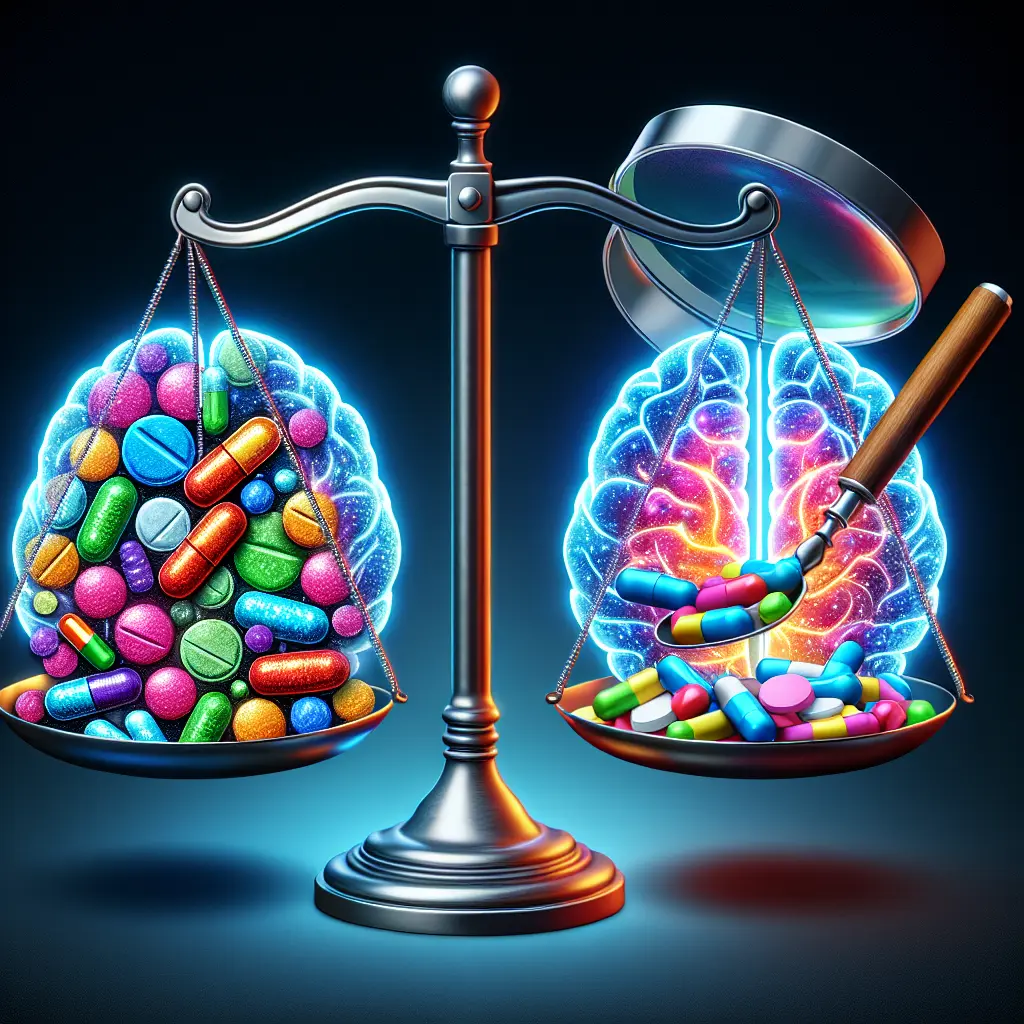
Exploring the Complex World of Mental Fitness in the Age of Big Pharma
In recent years, the conversation around mental fitness has expanded beyond traditional therapies to include an increasing scrutiny of pharmaceutical interventions. As more people seek solutions for mental health challenges, understanding the role of medications like benzodiazepines becomes crucial.
Understanding Benzodiazepines
Benzodiazepines are a class of psychotropic drugs widely prescribed for anxiety disorders. They function by enhancing the effect of gamma-aminobutyric acid (GABA), a neurotransmitter responsible for slowing down brain activity. This can lead to a calming effect on the nervous system, offering relief to those struggling with anxiety.
However, benzodiazepines are double-edged swords. While they provide significant benefits, they also carry risks of dependency and abuse. Prolonged use can lead to increased tolerance, necessitating higher doses to achieve the same effect, which can spiral into a cycle of dependency.
The Impact of Big Pharma on Mental Health
The involvement of big pharmaceutical companies in the mental health arena has sparked debates about the medicalization of normal human emotions and experiences. There is a growing concern that the pharmaceutical industry has contributed to redefining normal psychological states as conditions requiring medication.
Advantages of Medication:
- Provides quick relief from acute symptoms.
- Enhances quality of life for individuals with severe conditions.
Drawbacks:
- Risk of addiction and side effects.
- Potential over-reliance on medication as the sole treatment method.
Seeking Balance in Mental Fitness
Achieving mental fitness often requires a multifaceted approach. Here are some strategies to complement pharmaceutical treatments:
- Therapy and Counseling: Engaging with mental health professionals can help address underlying issues.
- Lifestyle Modifications: Incorporating exercise, a balanced diet, and adequate sleep can significantly impact mental well-being.
- Mindfulness Practices: Techniques such as meditation and yoga can enhance mental resilience.
- Support Networks: Building strong personal connections can provide emotional support and encouragement.
A Path Forward
In conclusion, while medications like benzodiazepines can play a role in managing mental health conditions, it is essential to view them as part of a broader strategy. Focusing on holistic approaches to mental fitness can empower individuals to navigate their mental health journey with confidence and balance.
To delve deeper into this topic, you can explore the full article here.
Let's continue to support each other on our paths to mental fitness, recognizing that a balanced approach can lead to sustainable well-being.
Warm regards,
Derek Thornton